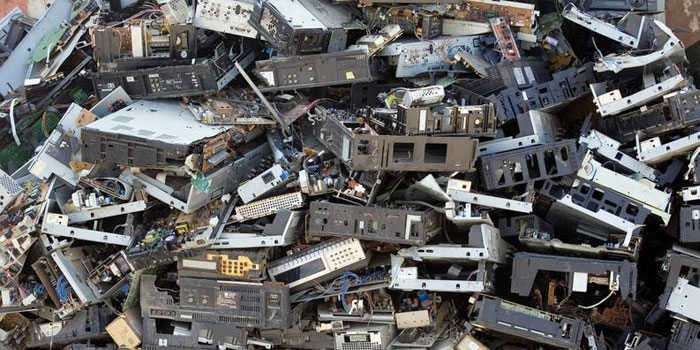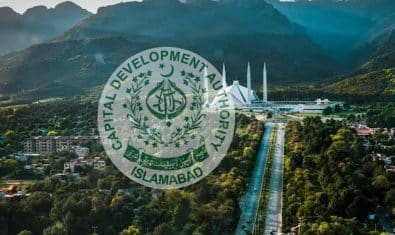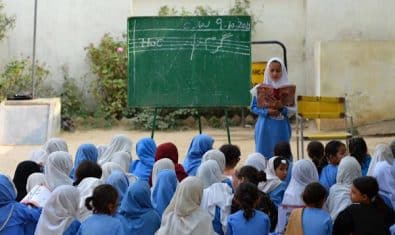Based on a new report from the UN Environment Programme (UNEP), as much as $19 billion worth of the world’s electronic waste, amounting to 90%, is unlawfully traded or dumped every year. Commonly found among these wasted items are computers and mobile phones, which make up 41 million tonnes of junk.
According to Unep, this figure could rise to as high as 50 million tonnes by the year 2017. A UN University report from last month had similar statistics to share, summarizing that 42 million tonnes of electronic waste, worth $52 billion, was dumped away in 2014, with a heavy impact on the global economy.
While illegal in most countries, thousands of tonnes of electronic junk continues to be imported by developing countries in the name of second-hand goods.
While there is a strict ban on exporting hazardous waste from EU and all Organization for Economic Co-operation and Development (OECD) Member States to non-OECD countries, thousands of tonnes of electronic junk continues to be imported by developing countries in the name of second-hand goods. Such waste typically includes dead batteries wrongfully declared as plastic or mixed metal scrap, as well as cathode ray tubes and computer monitors falsely stated as metal scrap.
According to the report, Pakistan is among the list of countries that are indulged in this practice of importing illegal electronic waste. Others include Ghana, Nigeria, China, Pakistan, India, and Vietnam, all of which are going around the legitimate global waste and recycling market that is considered to be worth $410 billion each year. According to Unep, the increase in electronic, municipal, and food waste, as well as discarded chemicals and counterfeit pesticides is having serious repercussions on the global environment and economy.
Countries like Pakistan are importing illegal electronic waste and going around the legitimate global waste and recycling market that is considered to be worth $410 billion each year.
Given the conditions in which the waste is dumped, developing countries are losing out on rare and precious resources, such as earth metals, copper and gold. Through its report, Unep has advised all counties to revise their national legislation and toughen the enforcement of e-waste legislation, and also to work towards the recovery of valuable metals and resources found in electronic items.


























This country deserved sh*t like politicians, electronic waste etc.
kabariya is me say bhe sona nikaltay hain inko tor k, hall road bhara hua ha
will you share more information on this. I am interested in kabar business
Kisi kabariay ko ye sara kachra do, wo iss mein se bhi faida nikal k dikhaye ga XD
plastic is melted and metals are reused. But the problem is in Pakistan that recycling is not done in the way its done is developed countries.
I heard this person talk about this issue some years back at TEDxNUST. I don’t know what happened to him and his idea. I will google and see if there is a video of this. It was really an eye opener.
Solution could be a thousand, but who will implement :(
Remedies could be a thousand, but who will implement :(
adnan shahid